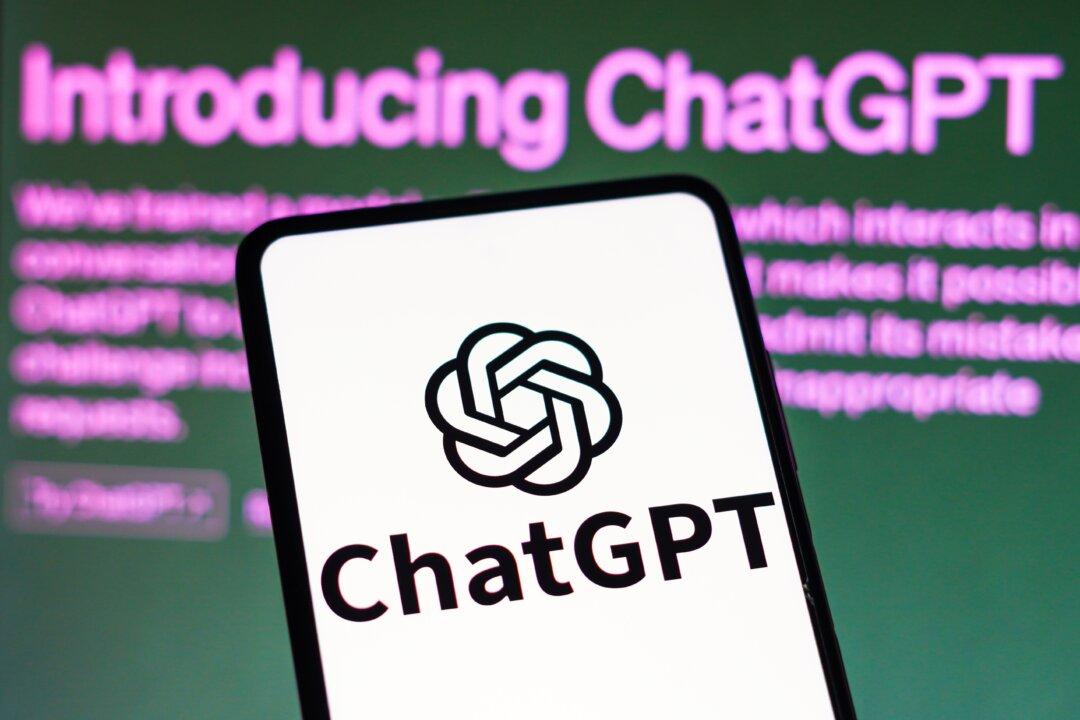As Chinese tech companies unveil their answers to ChatGPT, experts warn that China’s artificial intelligence landscape poses a host of threats.
On Aug. 31, tech giant Baidu introduced Ernie, the Chinese counterpart to ChatGPT, while Alibaba announced its AI model, Tongyi Qianwen, on Sept. 13.





